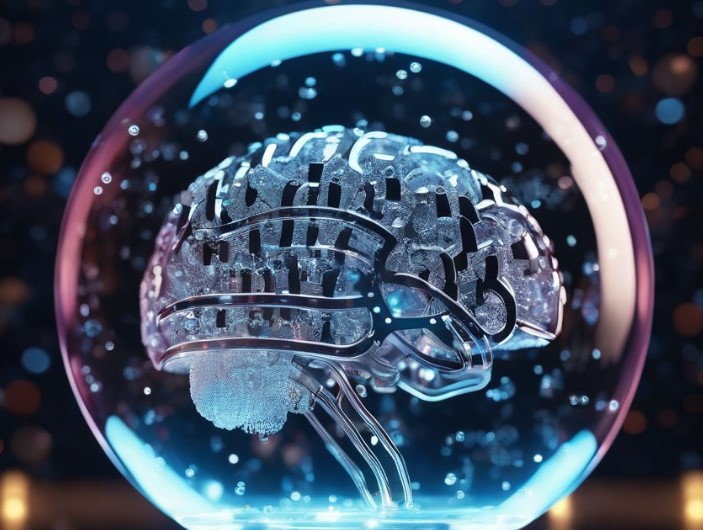Elon Musk, an extremely controversial figure on the one hand and an inescapable pillar in the landscape of technological innovation on the other, is back in the news. He is seeking volunteers who wish to have a chip implanted in their brains. No, this is not a modern spin off of Blade Runner nor is it a bluff. In fact, we’re talking about Neuralink, his venture in the neuroscience domain, which today stands as another piece in Musk’s ambitious mosaic.
The goal of the experiment, to create brain-computer interfaces (BCIs) capable of radically transforming our relationship with technology and medicine. So everything is ready for the next step: the launch of clinical trials on humans.
Table of Contents
A chip in the brain to “reprogram” patients with incurable diseases
The initiative, christened with the acronym PRIME (Precise Robotically Implanted Brain-Computer Interface), focuses specifically on individuals living with debilitating conditions such as quadriplegia, induced by both spinal cord injury and amyotrophic lateral sclerosis (ALS), a neurodegenerative disease.
The main goal of the study is quite revolutionary. To enable participants to control electronic devices such as a cursor or computer keyboard through the exclusive use of their own thoughts.
To achieve this, Neuralink will make use of an advanced technology. Namely, a neural device known as N1. This device is implanted directly into the brain region responsible for motor intention.
The delicate implantation process is carried out by a robot specifically designed by Neuralink to ensure accuracy and safety.
With the help of this technology, the company aspires to pave the way for new frontiers in rehabilitation medicine. Thus offering new opportunities to improve the quality of life for people with serious illnesses.
Neuralink: the ethical and safety challenges
Although Neuralink’s technology holds revolutionary potential capable of changing the landscape of neuroscience and medicine, it is important to note that there are numerous regulatory and safety challenges that must be overcome.
Not least in light of the catastrophic and fatal failures in previous clinical trials in which the participating subjects were monkeys, however.
Initially, the U.S. Food and Drug Administration (FDA) expressed serious concerns about the safety of Neuralink devices.
Among the risk factors cited by the regulator were the presence of a lithium battery, which could pose a hazard, the possibility that the implant wires could migrate to other areas of the brain, and uncertainties regarding the procedure for removing the device without damaging brain tissue.
Despite these initial reservations, the FDA eventually granted Neuralink permission to proceed with clinical trials in humans, although no precise detail was provided on how the company addressed and resolved these safety concerns.
The granting of this approval is a crucial step. But it is clear that Neuralink will still have to navigate through a sea of regulatory, ethical-but most importantly safety challenges-to take its technology to the next level.
When will Neuralink clinical trials begin?
Neuralink has been somewhat coy about timing details regarding the launch of its clinical trials. As well as for potential commercialization to a wider audience.
Although the company did not provide a specific timetable, the clinical trials document suggests a time horizon of about six years for the overall duration of the study.
In addition, it was indicated that volunteers participating in the research will receive reimbursement for expenses incurred during the trial.
All the same, reservations suggest a meticulous and probably multi-phase approach. Which could include not only direct observation of the effects of neural implantation. But also the development and adaptation of clinical and technological protocols.
What is certain, however, is that Italians eager to donate themselves to science will be left in the lurch. Candidacy is restricted to U.S. citizens 18 years of age or older with a variety of conditions. Including quadriplegia, paraplegia, vision or hearing loss, inability to speak and/or major limb amputations.












